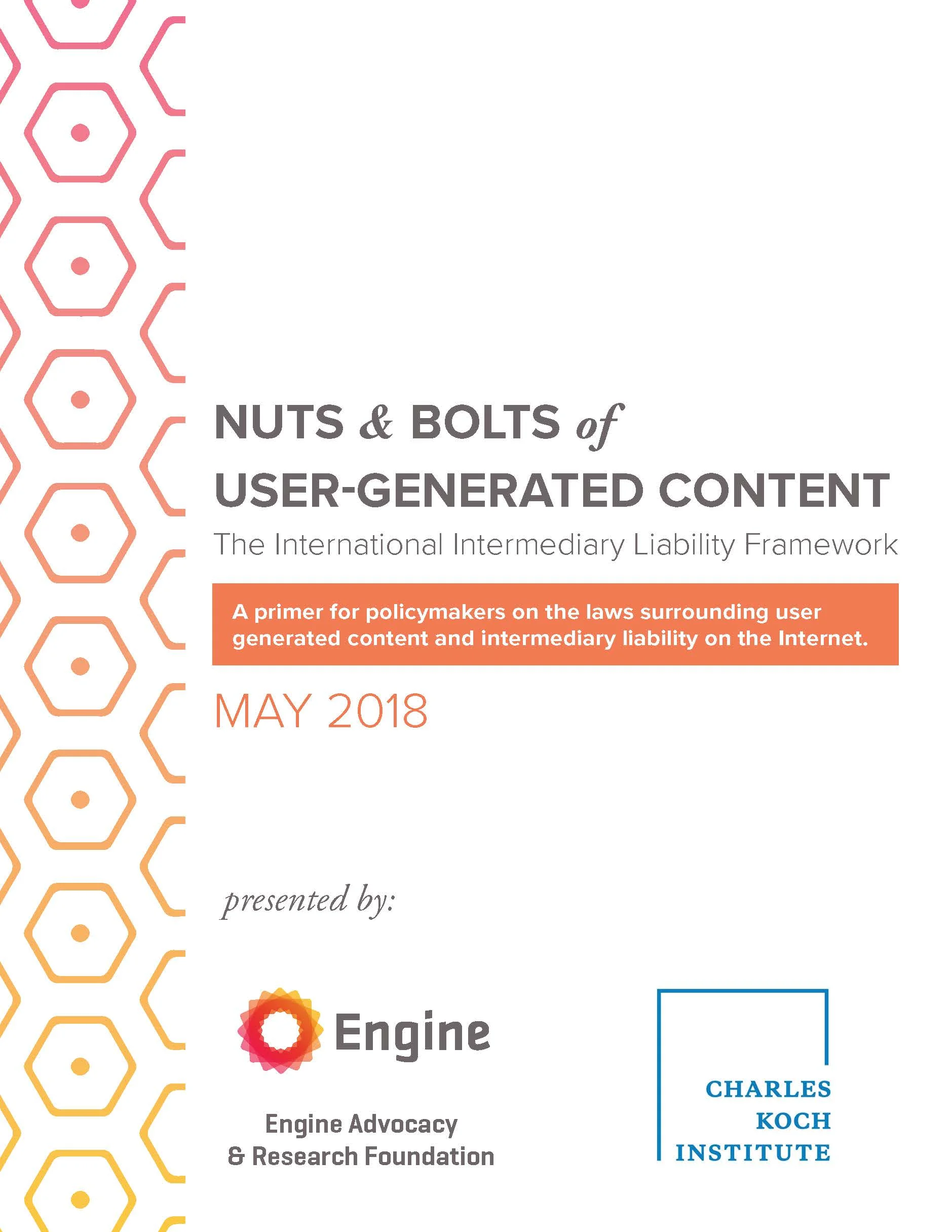Section 230 of the Communications Decency Act has been privy to the ire of politicians at both ends of the political spectrum in recent weeks. That misplaced bipartisan disdain isn’t limited to the 1996 law, however. As the USMCA approaches formal consideration in Congress, attacks on the agreement’s Article 19.17, which mirrors the language of Section 230, have ramped up as well.
In a Ways and Means Committee hearing on trade policy earlier this month, Rep. Linda Sánchez (D-Calif.) showed clear animus towards the article in a terse exchange with U.S. Trade Representative Robert Lighthizer. Running over her time, the congresswoman asked why the U.S. intermediary liability rules were included in the agreement, saying she had “significant concerns regarding the USTR’s stance on CDA 230.” Ambassador Lighthizer defended the CDA 230-like language, saying “it’s U.S. law” and that the digital trade chapter is “a way for small internet companies to grow and use their advantages.”
The Ambassador is right. Article 19.17—and the digital trade chapter of the USMCA—will lead to greater innovation domestically and among our trading partners. As Santa Clara Law School professor and leading Section 230 scholar Eric Goldman points out in a letter signed by Engine, Article 19.17 is critical to this end because it lowers barriers, strengthens markets, and advances liberty.
Immunity for content generated by third parties on their platforms allows startups can get off the ground without exposure to potentially crippling lawsuits. It facilitates consumer trust by enabling third-party reviews, a hallmark of Internet commerce that would not exist without such protections. Finally, Article 19.17 expands free speech opportunities through increased access to platforms.
Unfortunately, Rep. Sánchez isn't alone in her criticism of the liability rules. Her Republican colleagues, Reps. Paul Gosar (Ariz.) and Matt Gaetz (Fla.), also oppose Article 19.17, attacking the U.S. liability rules that have fostered the internet we know today.
The House Democrats’ nine-member working group is focused on reconciling their issues with the USMCA in four areas: drug pricing, enforcement, labor, and the environment. While it appears unlikely that agreement will come to a vote with just 12 work days left before Congress enters its six-week recess, that list of issues need not be expanded. Going forward, the USMCA doesn't need another roadblock. Especially not one that needlessly picks apart the novel and innovation-advancing digital trade chapter.























